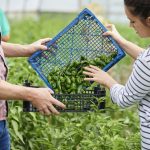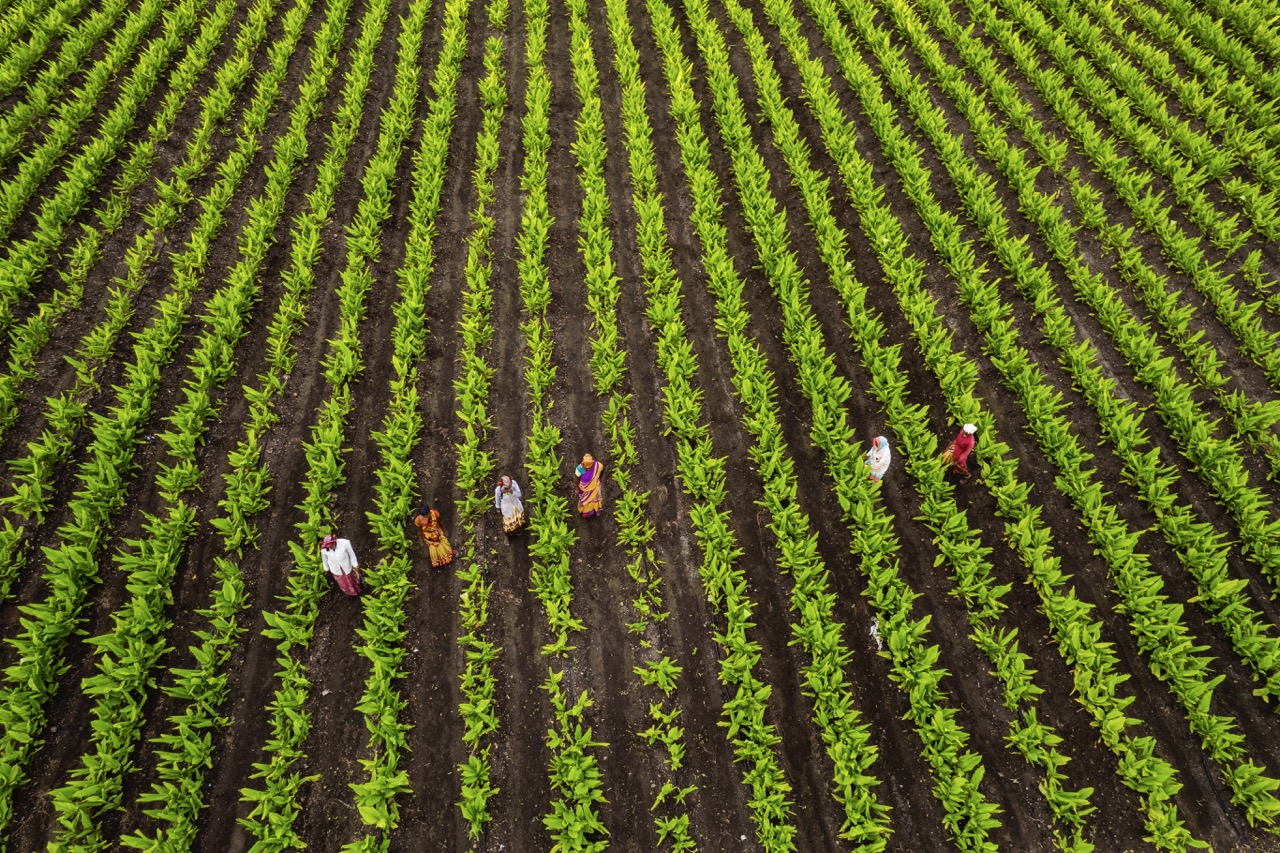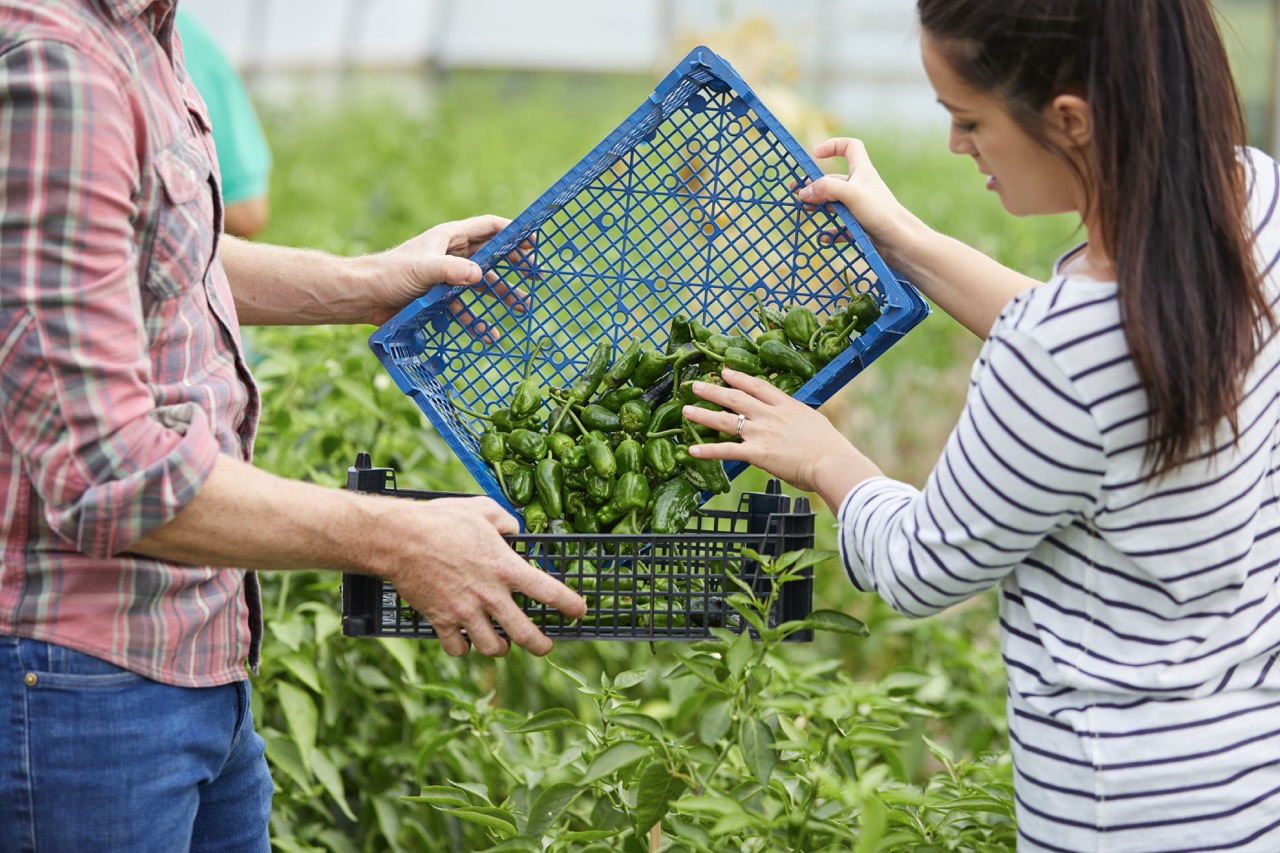Factory farming has become a cornerstone of modern agricultural practices, significantly influencing the food systems that many societies rely upon. This intensive method of livestock production prioritizes efficiency and cost-effectiveness, often at the expense of ethical considerations surrounding animal welfare and environmental impact. As awareness of the moral implications of factory farming grows, it is crucial to explore sustainable alternatives that can align agricultural practices with ethical considerations. This article delves into the ethics of factory farming, its effects on animal welfare, and potential alternatives that could shape the future of food.
Understanding Factory Farming: A Deep Dive into Ethics
Factory farming, characterized by large-scale operations that prioritize mass production, has raised significant ethical concerns over the years. Critics argue that this practice reduces animals to mere commodities, subjecting them to conditions that disregard their well-being. These industrialized farms often employ confinement systems, such as battery cages for hens and gestation crates for pigs, which significantly limit the animals’ ability to engage in natural behaviors. The ethical debate surrounding factory farming centers on whether the economic benefits of increased productivity can justify the moral cost of suffering inflicted on sentient beings.
Moreover, the environmental implications of factory farming further complicate the ethical landscape. The concentration of animals in confined spaces contributes to pollution, greenhouse gas emissions, and the depletion of natural resources. Critics assert that these environmental concerns are intertwined with the ethical responsibilities of producers, suggesting that the practices of factory farms are unsustainable in the long term. As societies face the consequences of climate change and biodiversity loss, the ethical argument for reforming or abandoning factory farming practices becomes increasingly compelling.
An additional layer to the ethical considerations of factory farming is the socio-economic impact it has on rural communities and small-scale farmers. Large agricultural corporations often dominate the market, leading to the decline of traditional farms and local agricultural practices. This concentration of power raises questions about food sovereignty and the rights of consumers to choose ethically produced food. Engaging with these ethical dilemmas requires not only an evaluation of animal welfare but also an understanding of the broader implications of industrial agriculture on society.
The Impact of Factory Farming on Animal Welfare Standards
The impact of factory farming on animal welfare is profound and troubling. Animals raised in factory farms often experience extreme confinement, leading to physical and psychological distress. Studies have indicated that animals in these systems exhibit signs of anxiety and fear due to their inability to perform natural behaviors such as roaming, socializing, or nesting. This environment is not merely a question of comfort; it raises fundamental ethical questions about the treatment of sentient beings who experience pain and suffering.
Regulatory frameworks intended to safeguard animal welfare vary significantly across regions and often fall short of addressing the realities of factory farming. In many cases, existing legislation fails to meet the needs of modern agricultural practices, allowing for the continuation of inhumane conditions under the guise of efficiency and productivity. Animal welfare organizations advocate for stricter regulations and more humane treatment of farm animals, emphasizing the need for transparency in farming practices. The challenge lies in enacting meaningful change while balancing economic interests and consumer demand for low-cost food.
Public awareness and consumer advocacy are gradually shifting the conversation around animal welfare in factory farming. As consumers become more informed about the realities of industrial agriculture, there is a growing demand for transparency and ethically sourced products. This shift has given rise to movements aimed at promoting alternative farming practices that prioritize animal welfare, emphasizing the ethical imperative for reform in the food system. However, significant work remains to be done to ensure that these changes are not only implemented but also sustainable in the long term.
Exploring Sustainable Alternatives to Factory Farming Today
The search for sustainable alternatives to factory farming is gaining momentum, driven by a growing awareness of its ethical implications. One promising approach is regenerative agriculture, which focuses on restoring soil health, increasing biodiversity, and improving animal welfare. This method emphasizes the integration of livestock into farming systems in a way that mimics natural ecosystems, allowing animals to graze freely and contribute to nutrient cycling. By prioritizing the health of the environment, regenerative agriculture offers a holistic alternative that respects animal welfare while producing food sustainably.
Another alternative gaining popularity is the rise of plant-based diets and lab-grown meat technologies. With advancements in food science, lab-grown meat presents a potential solution to reduce the reliance on traditional livestock farming. This innovative approach could significantly diminish the ethical concerns associated with factory farming, as it eliminates the need for animal slaughter while still providing meat products. The increasing availability of plant-based proteins also reflects a shift in consumer preferences towards more ethical and sustainable food choices, further challenging the dominance of factory farming.
Community-supported agriculture (CSA) and local food movements represent another viable alternative to factory farming. These initiatives connect consumers directly with local farmers, emphasizing transparency and ethical production practices. By prioritizing local markets, CSAs promote sustainable agricultural practices that often include humane treatment of animals and environmentally friendly farming techniques. This model not only supports local economies but also fosters a deeper connection between consumers and their food sources, encouraging ethical consumption patterns that challenge the factory farming paradigm.
The Future of Food: Balancing Ethics and Consumer Choices
As society contemplates the future of food, the challenge lies in balancing ethical considerations with consumer choices. The demand for affordable food often conflicts with the push for ethical production practices. Many consumers are caught in a dilemma where price and convenience overshadow the importance of animal welfare and environmental sustainability. Bridging this gap requires innovative solutions that make ethical food choices accessible and appealing to a broader audience.
Education and awareness play crucial roles in shifting consumer behavior towards more ethical choices. Campaigns highlighting the benefits of sustainably sourced products, alongside the ethical implications of factory farming, can inspire consumers to make informed decisions. More retailers and restaurants are recognizing this trend and are beginning to stock ethically sourced food options, catering to a growing market of conscious consumers. As the demand for transparency and ethical practices increases, businesses may be incentivized to adopt more humane and sustainable methods, further catalyzing change in the food industry.
Technology also holds the potential to reshape the future of food, from innovations in agricultural practices to advancements in food production. The integration of technology in farming can enhance efficiency while minimizing environmental impact, creating a pathway for sustainable agriculture. Additionally, the proliferation of food delivery platforms and e-commerce provides opportunities for ethical producers to reach consumers directly. As society evolves, the future of food will likely hinge on the ability to harmonize consumer preferences with ethical production practices, ultimately redefining our food systems in a more compassionate and sustainable manner.
In conclusion, the ethics of factory farming present a complex challenge that intertwines animal welfare, environmental sustainability, and consumer choices. While factory farming has revolutionized food production, it has also raised significant ethical concerns that cannot be overlooked. The exploration of sustainable alternatives offers a pathway towards a more ethical food system, where animal welfare and environmental health coexist with consumer demands. As awareness grows and technological innovations emerge, there is hope that the future of food will prioritize compassion and sustainability, paving the way for a healthier planet and a more humane approach to agriculture.








